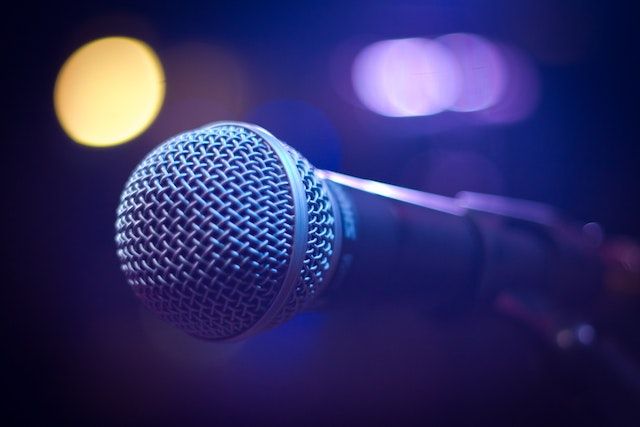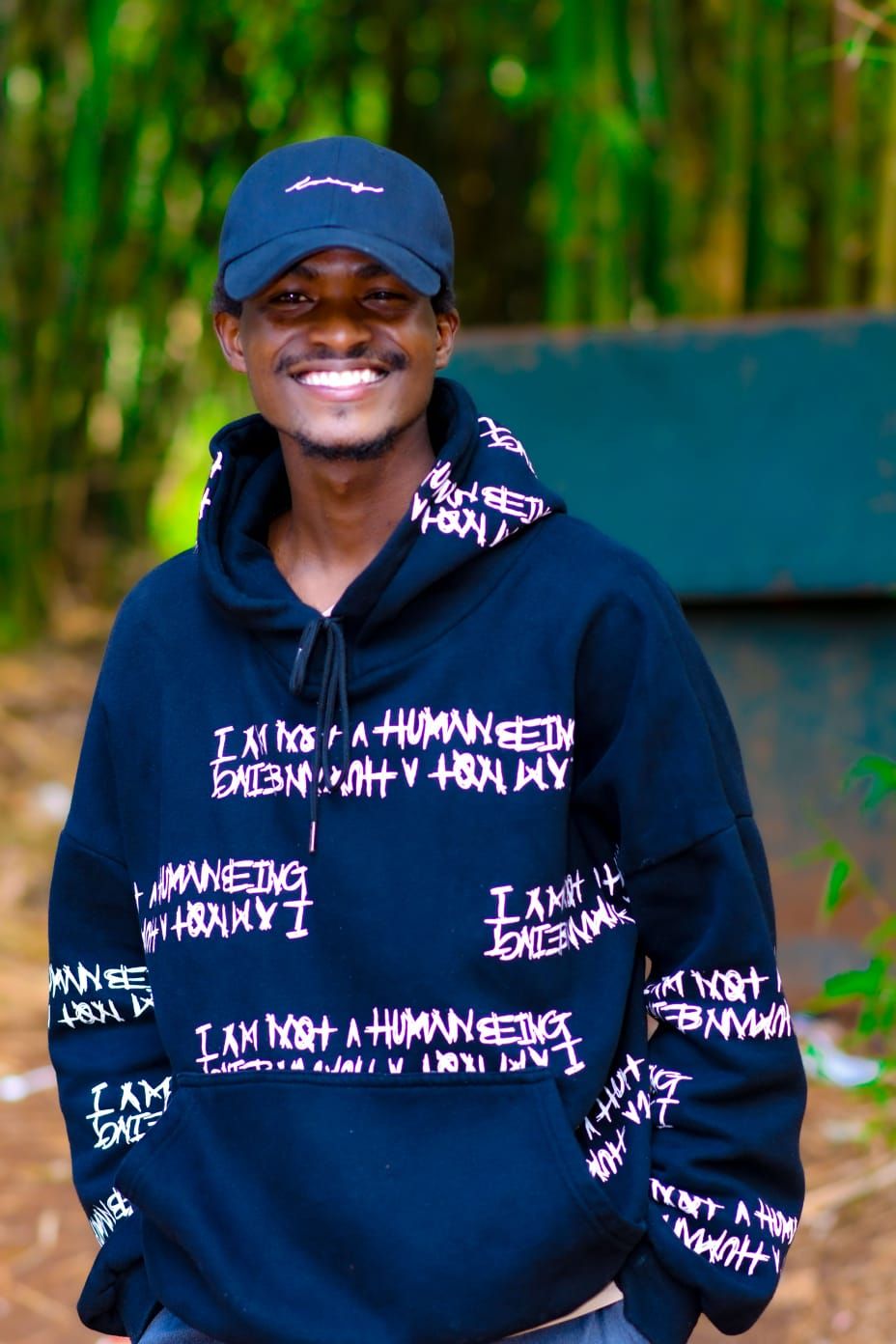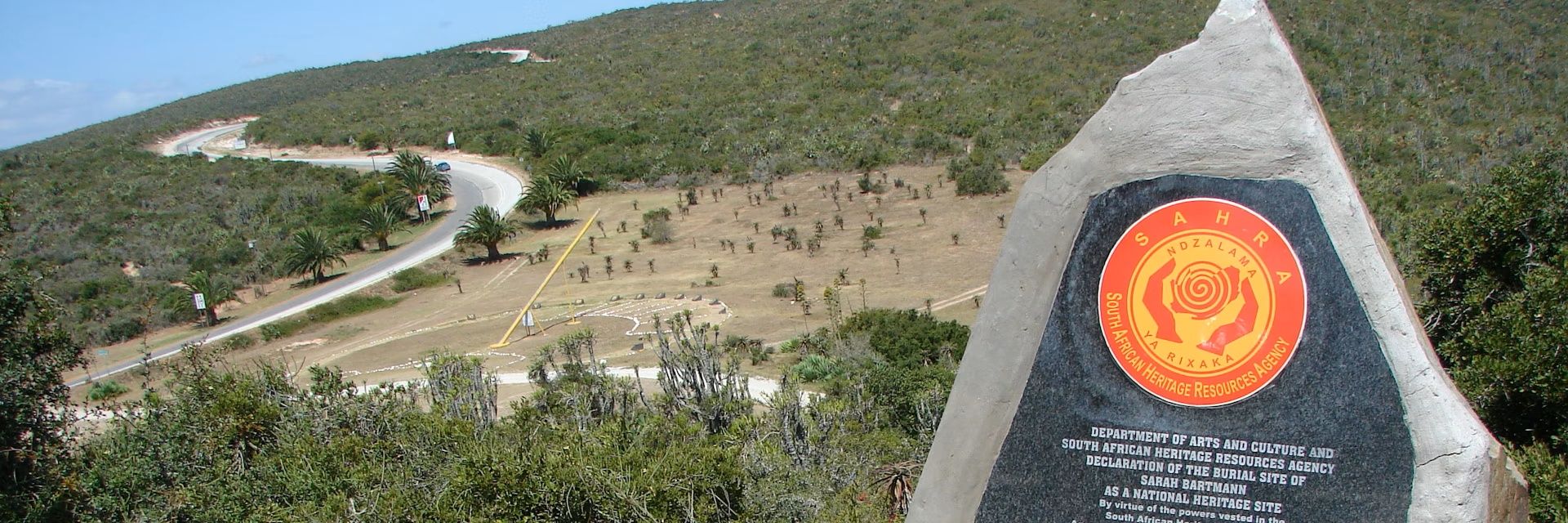Those who paint the world with words can be mistaken for people who just have an opinion. But poetry has never ceased to ignite, amaze, heal, criticise, and provoke. It has been here since time immemorial and when we say this craft matters, there’s no doubt about it.
Today is World Poetry Day, and what better way to celebrate it than to write about the trends shaping the spoken word industry in Kenya?

There have been major developments in the spoken word poetry scene, with poets from major cities curating events that have left a mark. From open mics on the streets of Nairobi to poetry nights at Hindocha hall in Masinde Muliro University of Science and Technology, to Poetry After Lunch (PAL) at the Kenya National Theatre, we are experiencing a volcanic eruption, especially where this art is concerned.
The growth has seen new styles of doing poetry emerge from delivery to event organisation. Long gone are the days of poems solely based on puns and punchlines. Nowadays, and hopefully always, content is key. Regardless, the growth is felt and we will see what has been shaping the inner workings of spoken word poetry.
Poetry concerts and concepts
The past two years have seen an increased inclination to poetry concerts and concepts. For these troubadours, dilettantes and verse makers, the word alone does not quench the thirst of their fans. They take time and effort to weave an experience that will leave a great impression on those who pay for their events.
For example, there is Maina Mind who has been crafting Minders Mineday events that bring together his fans for a live poetry experience. Gufy Dox, in his Black Boy Joy concept, described different versions of life using such things as colour, life, pain and seasons. Then there was the history-packed Slim Shaka’s event, Of a Dying Breed, which combined dance, music and sound design to drive the message home. Nyash, travelling between three counties, came with Nyash Cheche Sessions, a palatable combination of music (guitar and vocals) and poetry. Others are Mufasa’s Mufasa for President, Willie Oeba’s divine Mungu Anasaidia with grand pianos, military guitars and a theme-based poetry lineup with other artists. These are just a few poetry concepts and concerts we have had post-COVID.
Documentation and content distribution
When it comes to poetry events, the likes of photographer Murathe Ngigi are ‘sherrifs’ in that space. If you miss him at one poetry event, he is probably at another. His work ensures that these events are documented, even if it is just pictorials. Furthermore, nowadays, it is easier to access poetry or spoken word works of various talented poets across the country. Digital streaming platforms such as Boomplay, Spotify, Audiomark and so on, are allowing these creatives to share their artworks on their platforms thus attracting listenership and even monetisation. YouTube has also been instrumental in ensuring video content is shared with a wider audience, whether it is through livestreams or pre-recorded sessions. Other forms of documentation are broadcast, print and digital media features and mentions which increase the visibility of the creatives featured.
Spoken word poetry conversations
Perhaps one of the least developed aspects of spoken word poetry is this, conversations. While there is so much to talk about, poetry is being embraced very slowly. Hosted by Kevin Orato, The Poetry Podcast was gap-filling, mind-opening and an invitation to the barren land that is conversations surrounding poets. Featuring Slim Shaka, Nyash and Trabolee, the live podcast discussed how the three creatives go about creating unforgettable experiences for their fans, and how their past, present and future affect the work they present to their audience. Apart from this, there are very few platforms that talk about poetry, and this is a niche we could expect and hope many people venture into. Or for Kevin Orato to maximise in.
Awards' opportunities
There are no prestigious awards for spoken word poetry in Kenya. However, the past couple of years after the COVID-19 pandemic have shown some growth. The annual Poetry Slam Africa is doing well, with last year's slate being more diverse with poets from across Africa and especially Kenya. According to a 2022 Kenya Cultural Centre incorporation Kenya National Theatre statement, the outfit “has been the forerunner in recognising poets for their ability to create and perform works that are stage-worthy and that articulate what it means to grow up on the African continent.” Creative Garage, through its Sondeka Awards outfit, has been awarding creatives of exceptionally innovative and outstanding artistry. While it is a general award, there is a slot for spoken word artist of the year which has been fought for by various creatives across the region. Last year, we witnessed the People’s Choice Award (PCA) having a slot of Spoken Word Artist of the Year (2022) where upcoming journalist and poet, Peshi Poet, bagged it. These are just but a few developments in awarding creative and talented wordsmiths. We should expect more of this and hope for exclusive awards for the craft.
Better stages and spaces
Gone are the days when we would experience open mics and street poetry. The new generation of poets is too woke for that, preferring spaces where their fans can enjoy good ambience, food and drinks. Consequently, new poetry hotspots are springing up. They include university halls, hotels, and even hosting spaces and gardens. Among the two most famous art-supporting spaces are Alliance Francaise (Nairobi) and Goethe Institute. Narok’s budding poets like Joshu Poet are curating snacky events in their locality, with those in Eldoret, Machakos, Kakamega and Mombasa enjoying their spaces as well.
Away from spaces used as venues, platforms like Poetricity in the City, pioneered by poet Griffins Ndhine are coming to life with the aim of giving a hand to budding poets. Additionally, Poets you should know is coming back to Nairobi and will be hosting an event later today at Alliance Francaise. Elsewhere, Rafinki Open Mic has been growing from an idea to a poets ‘incubation’ outfit with numerous events such as open mics, workshops and literary engagements. Such events have been a breeding ground for many Kenyan poets and writers. They have given many visibility and a place to exercise their genius on stage. Lastly, with new forms of poetry concepts and concerts, fans are demanding a lot more than just a mic and a poet on stage, which could translate to expensive stage setups and venues.
Wrapping up
Today, the world celebrates this day in different styles. The core of the celebration, according to the United Nations Educational, Scientific and Cultural Organisation (UNESCO), is to promote linguistic diversity in poetic expression with the aim of ensuring that minority voices are heard. With this, we expect more voices, in Kiswahili, English, Sheng’ and local languages to grace our screens, print and digital media. Hopefully, these trends will make a strong industry, one where spoken word poetry is not only used for entertainment purposes but also for social change and important contemporary conversations.





